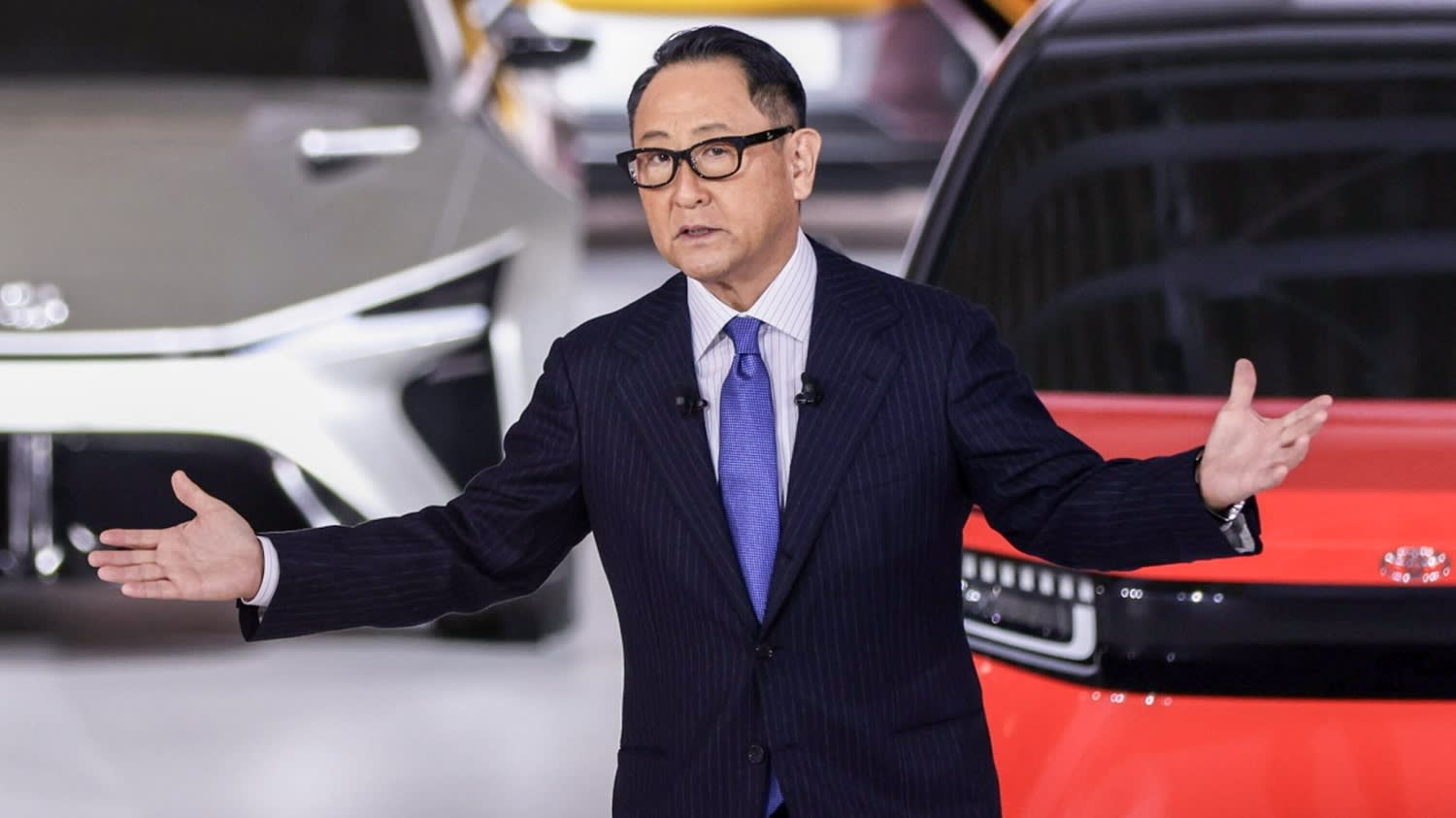
Unlock the Editor’s Digest for free
Roula Khalaf, Editor of the FT, selects her favourite stories in this weekly newsletter.
Toyota’s chair has proposed a ¥6tn ($42bn) deal to take the company’s biggest subsidiary private as he seeks to cement control over the world’s largest carmaker and streamline its notoriously complex governance structure.
In recent years, Japan’s most powerful company has faced increasing investor pressure to simplify its web of interconnected equity holdings that the group holds across tens of suppliers and affiliate automakers.
Akio Toyoda, the grandson of Toyota’s founder, is considering investing his personal money to lead a buyout of Toyota Industries, which makes industrial equipment and vehicles, with financing from the country’s three biggest banks, according to four people with knowledge of the talks.
The proposal values Toyota Industries at about ¥6tn, including debt. The listed subsidiary has a market capitalisation of ¥4.3tn at present.
The same people warned that the talks, which were first reported by Bloomberg, could still collapse. Toyota, which with its affiliates has a 40 per cent stake in Toyota Industries, is considering whether to participate in the take-private deal, the people said. It is unclear how advanced those discussions are or if the carmaker will follow through, they added.
Private equity groups have also explored participating in a buyout or buying sections of the business carved out as part of the deal, according to one person with knowledge of the talks.
In recent years, Japan’s government and regulators have pushed companies to rapidly improve corporate governance. The Tokyo Stock Exchange is also trying to reform so-called parent-child listings, where a large company controls a listed subsidiary.
Shareholder approval for Toyoda fell to a record low of 72 per cent last year, prompting the carmaker to increase the number of non-executive directors on its board ahead of this year’s annual meeting.
Within the carmaker’s sprawling empire, Toyota Industries is considered one of the most important suppliers for the group since it owns a 9.1 per cent stake in the carmaker and was intimately tied to the founding of the company.
Toyota Industries did not respond to a request for comment. Toyota declined to comment.
Japan’s auto suppliers, and Toyota’s in particular, have also become a target for activist investors who are betting both that corporate governance reform will force carmakers to buy in their subsidiaries and that competition will demand changes to their supply chains.
A number of Toyota’s smaller suppliers have already been targeted by funds linked to Yoshiaki Murakami, the country’s most notorious activist.
Toyota has previously made other automobile body suppliers into fully owned subsidiaries such as Toyota Auto Body and Kanto Auto Works in 2012.


